Volkswagen Returns to Uzbekistan: Focus on Eight Models
The German car manufacturer plans to launch 8 models, sedans and crossovers, in the Uzbek market.
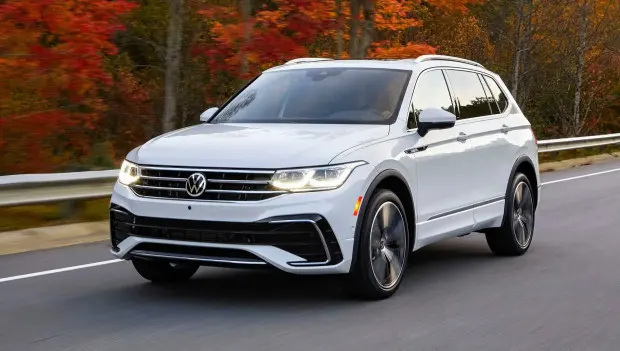
German car manufacturer Volkswagen has announced its intention to launch eight new models in the Uzbek market, including modern sedans and spacious crossovers. This new phase in the brand's development in Central Asia began with the signing of a strategic agreement between Volkswagen AG and the joint-stock company "Uzavtosanoat".
The company's plans were disclosed by Martin Sander, a member of the Volkswagen Board responsible for global sales, marketing, and after-sales service. According to him, it's not just about returning to the market but establishing a sustainable presence with a long-term perspective.
Volkswagen had previously attempted to enter the Uzbek market in prior years, but due to various organizational and market reasons, projects were halted. At that time, vehicles, including popular models like the Škoda Kodiaq, were sold through external structures, limiting local adaptation and dealership network development.
The situation has now changed. Uzbekistan has a production facility - the former Jizzakh Avto plant, which was renamed Alyans Auto in 2023. Today, the plant assembles Jetta VS5 and VS7 models. These vehicles are built on the MQB platform developed by Volkswagen Group and are produced in partnership with the Chinese brand FAW, with which VAG has cooperated for over 30 years. However, according to the "Uzavtoprom" association, only 31 vehicles left the plant in the first four months of 2025, indicating a need to strengthen the product line and marketing strategy.
The new agreement essentially opens the door for Volkswagen's more active presence in Uzbekistan. While the full list of models has not been disclosed, it is known that localization will include eight models - from sedans to SUVs. Possible candidates include the Volkswagen Polo (in export modification), Taos, Tiguan, and budget versions for developing markets based on the MQB-A0 and MQB-A1 platforms.
Martin Sander emphasized that the choice of Uzbekistan is based on several factors:
"With the country's rising income level, it's ready for a car boom. The strength of the Volkswagen brand resonates with Uzbekistan's growing middle class, which, as we know, seeks high-quality vehicles with German roots."
He also noted that the logistics for new deliveries will be organized relying on Volkswagen's production capacities in China. This will accelerate delivery times, optimize costs, and reduce the carbon footprint in the logistics chain, aligning with the company's sustainability goals.
Uzbekistan, situated at the crossroads of trade routes between Europe and Asia, is becoming an increasingly attractive location for automakers. The active development of industrial infrastructure, state support, and growing demand make the republic's market especially interesting for global brands.
The return of Volkswagen could become one of the key events in Uzbekistan's passenger car market in the coming years.
You may also be interested in the news:
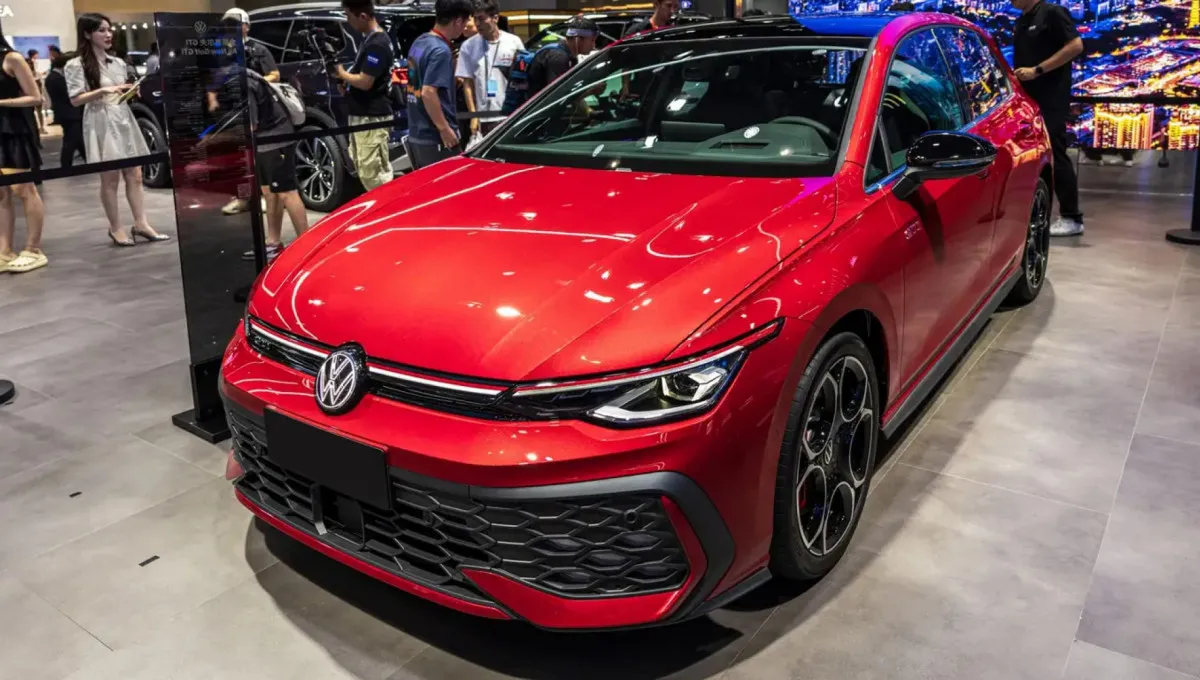
Volkswagen to Give Away a New Golf GTI to an Avid Gamer: Anyone Can Enter for a Chance to Win
Volkswagen is giving away a 2026 Golf GTI through an online game, with entries open until March 2.
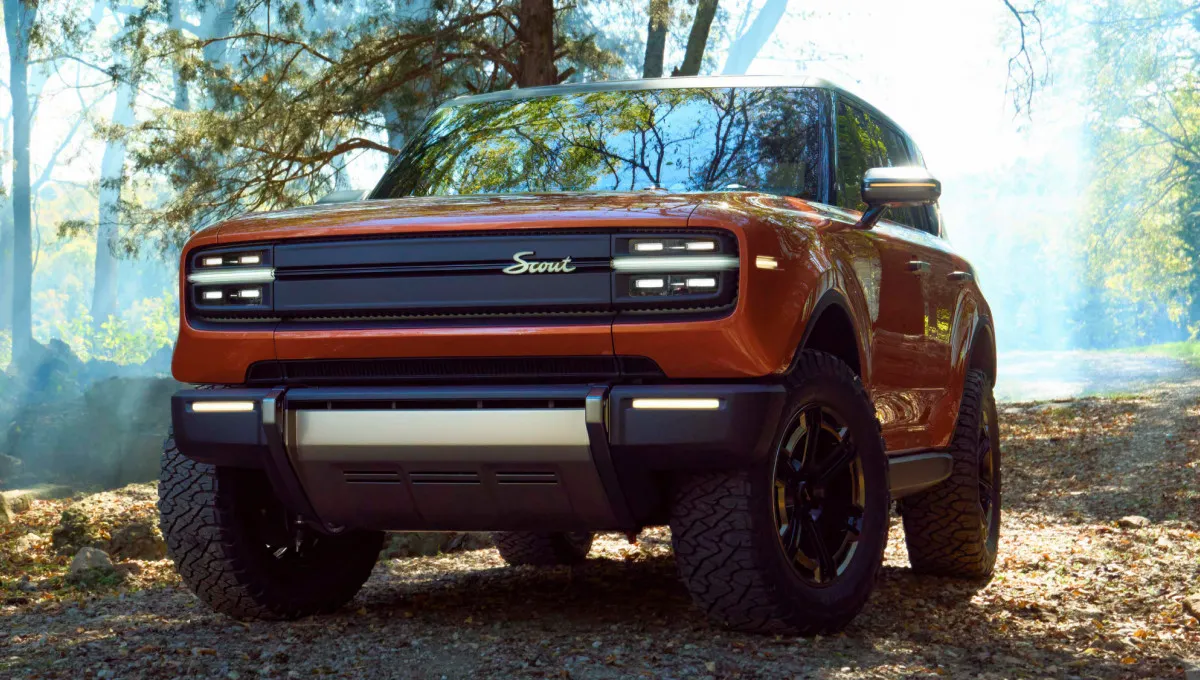
An Awkward Moment for Volkswagen: Scout Project Costs Jump 50% Before Terra and Traveler Even Go on Sale
A couple of years ago, Volkswagen Group spoke confidently about bringing the Scout name back to the North American market. The plan seemed straightforward: create a standalone U.S. brand for electric pickups, SUVs, and 4×4s.
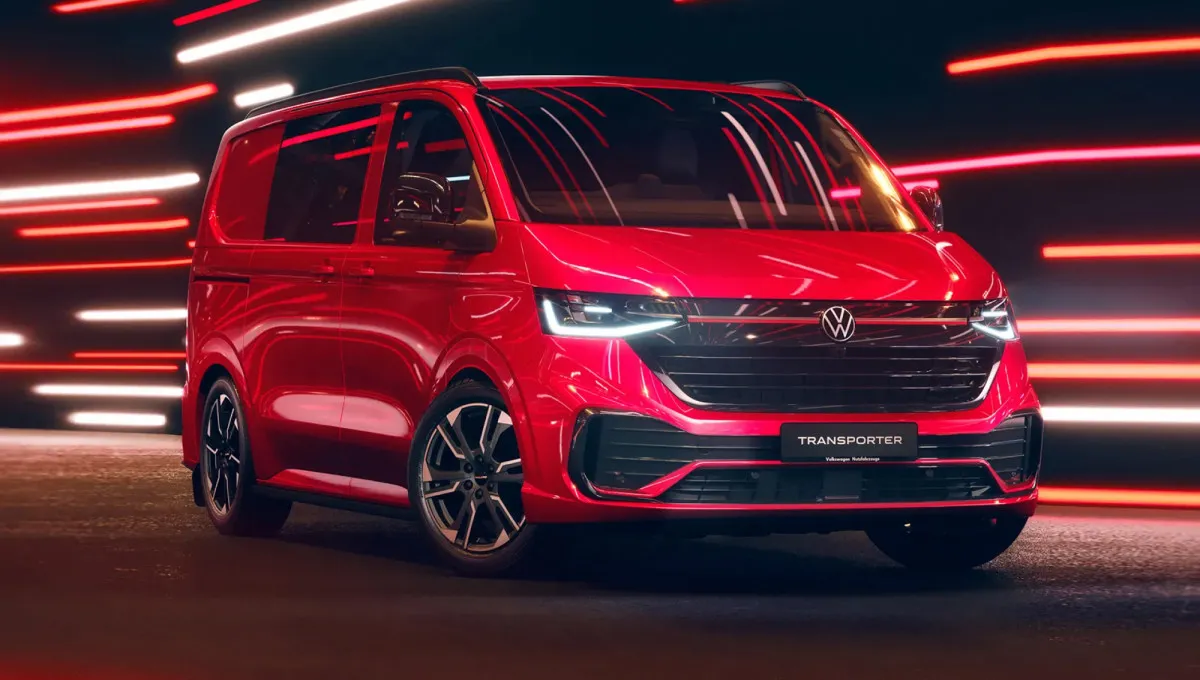
Volkswagen Launches Sporty Transporter Sportline Van: Diesel, PHEV, or Electric Power Standard
Volkswagen is making a serious push into the sporty commercial vehicle niche with the launch of the new Transporter in Sportline trim.
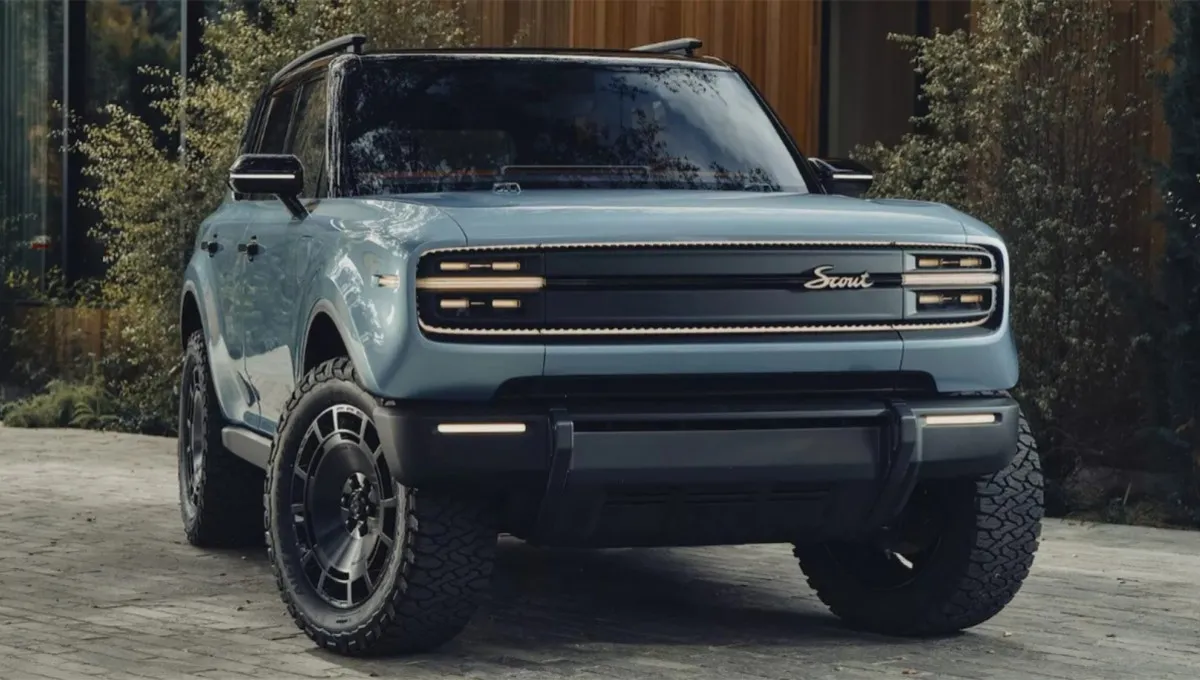
Scout Traveler Pacific Mist Concept Car Hints at the Brand’s Future Plans
The company has revealed new details about the Scout Traveler Pacific Mist concept, offering a glimpse into how the brand’s lineup could evolve.
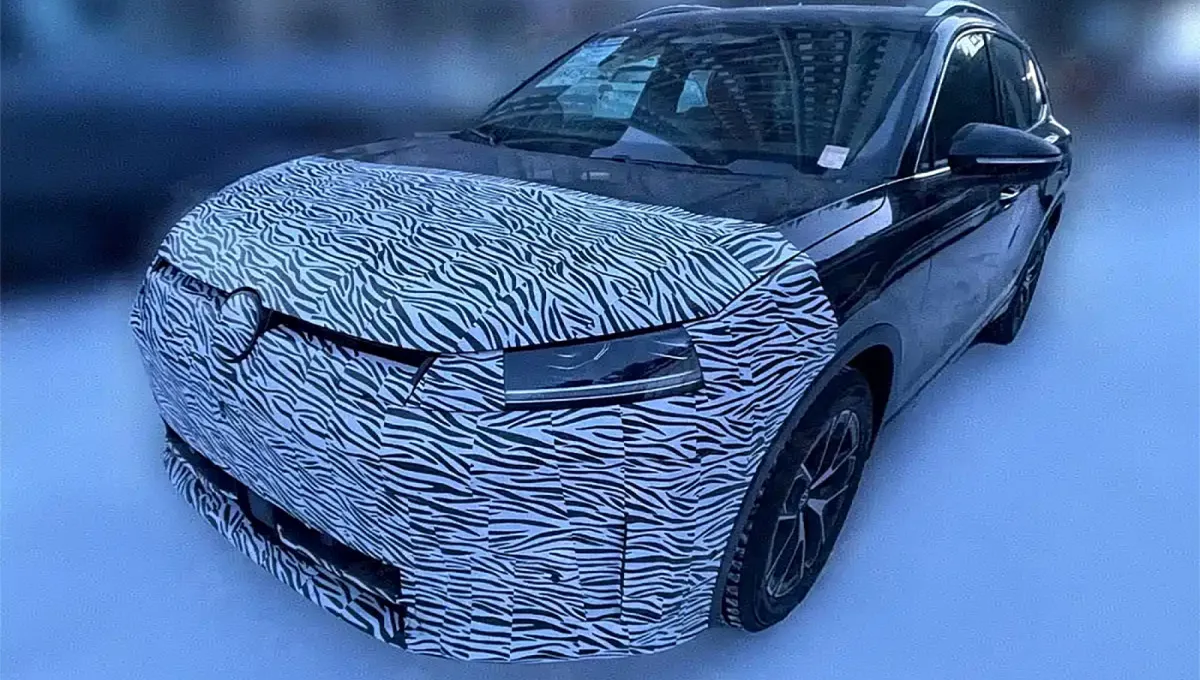
Volkswagen Prepares the Hybrid Tiguan L ePRO on a New PHEV Platform: Spotted in Spy Photos
Journalists have recently obtained a fresh batch of spy shots showing the test mule of the 2027 Volkswagen Tiguan L ePRO.